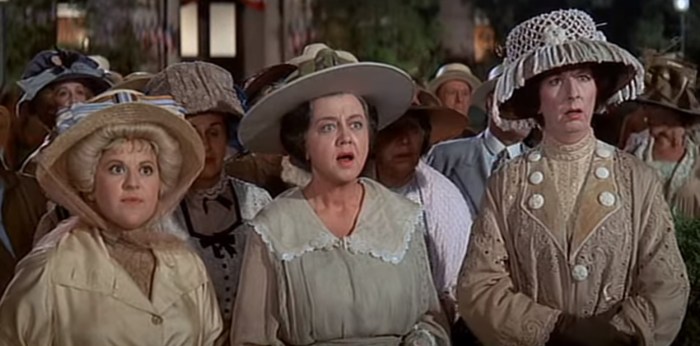The question of evidence crossword clue is a fascinating aspect of solving crossword puzzles. Crossword clues often require solvers to use their knowledge and research skills to uncover the correct answer. This article explores the concept of evidence in crossword clues, providing examples, strategies, and resources to help solvers navigate this challenging aspect of the game.
Historical Context
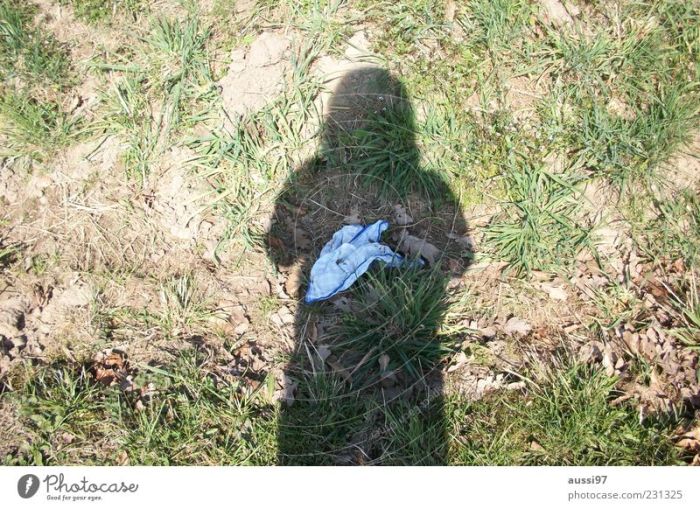
Crossword puzzles emerged in the early 20th century as a form of entertainment and intellectual challenge. The first known crossword puzzle was published in the New York World newspaper on December 21, 1913, by Arthur Wynne, an English journalist.
Initially known as “word-cross puzzles,” these puzzles quickly gained popularity, becoming a regular feature in newspapers and magazines. Over time, crossword puzzles evolved in complexity and sophistication, with the introduction of different grid sizes, themes, and specialized vocabulary.
Significance of Crossword Clues
Clues are an essential component of crossword puzzles, providing cryptic hints that guide solvers towards the correct answers. These clues can range from simple definitions to complex wordplay, testing the solver’s knowledge of language, trivia, and general culture.
The ability to interpret and solve crossword clues is a skill that requires both logical reasoning and a broad knowledge base. By providing a variety of clue types, crossword puzzles offer a stimulating and educational challenge that can be enjoyed by people of all ages and backgrounds.
Clues and Evidence: Question Of Evidence Crossword Clue
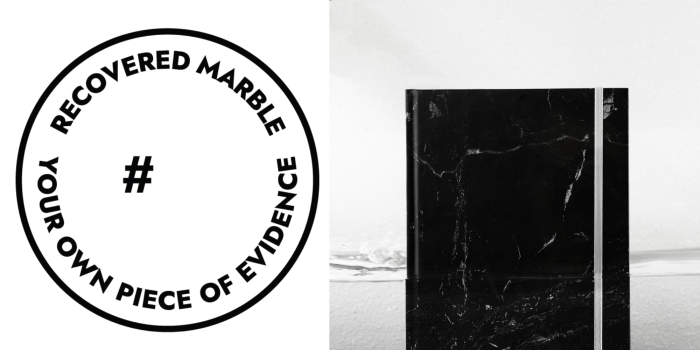
Evidence in crossword clues refers to information or facts that help solvers deduce the correct answer. These clues often require solvers to draw upon their knowledge of the world or specific subjects to fill in the blanks.
For example, a clue like “Name the capital of France” requires solvers to know that the capital of France is Paris. Another example is “The chemical symbol for gold.” The solver must know that the chemical symbol for gold is Au.
Deduction of Answers
Evidence can be used to deduce the correct answer to a clue in several ways. One common method is elimination. By examining the available evidence, solvers can eliminate incorrect options and narrow down the possible answers.
For instance, a clue like “A four-legged animal that barks” could have several potential answers, such as “dog,” “cat,” “horse,” or “cow.” However, by considering the evidence that the animal barks, solvers can eliminate “cat,” “horse,” and “cow” and deduce that the correct answer is “dog.”
Types of Evidence
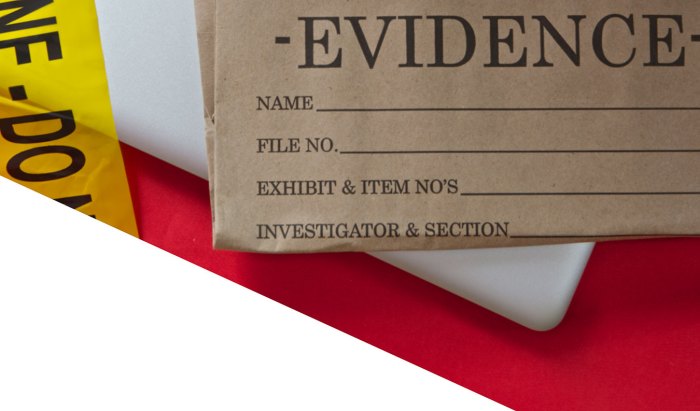
Crossword clues rely on various types of evidence to construct challenging puzzles. These include:
Historical facts
Clues may reference historical events, figures, or dates. For example, “Leader of the Roman Empire during the Pax Romana” could refer to Augustus Caesar.
Scientific data
Clues can test knowledge of scientific concepts, such as “Element with the atomic number 17” (Chlorine).
Cultural references
Clues may allude to popular culture, including movies, music, or literature. For example, “Character played by Harrison Ford in the ‘Indiana Jones’ franchise” (Indiana Jones).
Literary quotes
Clues may incorporate famous quotes from literature. For example, “To be or not to be” (Hamlet by William Shakespeare).
Challenges and Strategies
Finding evidence to solve crossword clues can be challenging. Here are some strategies:
Use reference materials
Consult encyclopedias, dictionaries, or online resources to verify historical facts, scientific data, and cultural references.
Cross-reference clues
Clues often provide hints or related information that can help identify the correct evidence.
Consider the clue’s context
Clues may contain puns, wordplay, or other tricks that require careful analysis.
Seek alternative perspectives
Sometimes, clues may require knowledge from multiple disciplines or sources. Consider consulting experts or exploring different viewpoints.
Cross-Referencing and Verification
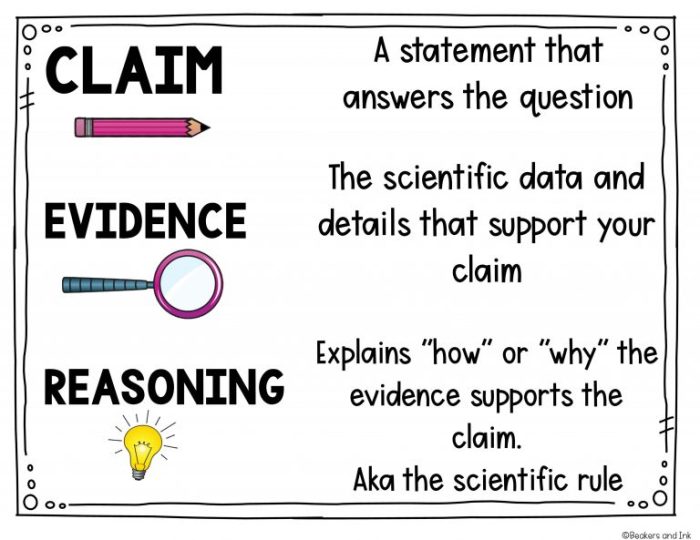
In the pursuit of solving crossword clues, cross-referencing and verification of clues and evidence play a pivotal role in ensuring the accuracy and reliability of the answers.
Cross-Referencing Clues, Question of evidence crossword clue
Cross-referencing involves examining multiple clues related to a particular answer to gain a comprehensive understanding of the intended solution. By comparing and contrasting different clues, solvers can triangulate the correct answer and eliminate potential red herrings.
Verifying the Accuracy of Evidence
Verifying the accuracy of evidence used in solving clues is crucial to prevent the perpetuation of misinformation. Solvers should employ reliable sources, such as reputable dictionaries, encyclopedias, and specialized reference materials, to confirm the validity of information.
Tips for Avoiding Common Pitfalls and Misconceptions
- Beware of Ambiguous Clues:Some clues may contain multiple interpretations, leading to confusion. Careful analysis and cross-referencing can help clarify the intended meaning.
- Avoid Circular Reasoning:Using the same source to verify both the clue and the answer can lead to circular reasoning and incorrect conclusions.
- Consider Context:Clues should be interpreted within the context of the crossword puzzle as a whole. The theme or subject matter of the puzzle can provide valuable insights into the intended answers.
Skills and Techniques

Crossword clues often require a combination of critical thinking, research, and logical reasoning skills to solve effectively.
Critical thinking involves the ability to analyze and evaluate information, identify patterns, and draw conclusions. Research skills are essential for finding and accessing relevant information to support your answers. Logical reasoning allows you to connect the dots and eliminate incorrect possibilities.
Improving Skills
To improve your crossword-solving abilities, consider the following techniques:
- Practice regularly: The more crosswords you solve, the better you will become at recognizing patterns and applying your skills.
- Use a variety of resources: Don’t rely solely on your own knowledge. Use dictionaries, thesauruses, and online resources to expand your vocabulary and find obscure words.
- Collaborate with others: Working with a partner or group can provide fresh perspectives and help you solve difficult clues.
Online Resources
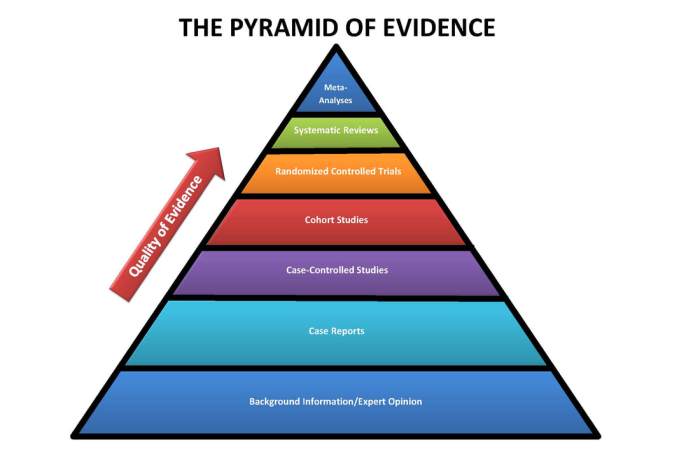
In the digital age, numerous online resources are available to aid in the pursuit of evidence for crossword clues. These resources provide a wealth of information and offer various advantages over traditional methods.
Dictionaries, encyclopedias, and search engines are among the most commonly used online resources for finding evidence. Dictionaries provide definitions and pronunciations of words, while encyclopedias offer comprehensive information on a wide range of topics. Search engines, such as Google and Bing, allow users to search for specific s or phrases, returning a vast number of results from various websites and databases.
Specialized Databases
Specialized databases are designed to cater to specific areas of knowledge. For example, JSTOR is a comprehensive database of academic journals and books, providing access to a vast collection of scholarly articles. LexisNexis is a legal database that includes case law, statutes, and legal news.
These specialized databases offer in-depth information and are particularly useful for finding evidence for crossword clues related to specialized topics.
Advantages and Limitations
Online resources offer several advantages over traditional methods. They are easily accessible, allowing users to search for evidence from anywhere with an internet connection. They also provide a vast amount of information, making it easier to find the specific evidence needed.
Additionally, many online resources are free to use, making them a cost-effective option.
However, it is important to consider the limitations of online resources. The accuracy and reliability of information can vary, and it is essential to evaluate the credibility of sources before using them as evidence. Additionally, some online resources may require a subscription or payment to access certain content.
Overall, online resources provide a valuable tool for finding evidence for crossword clues. By understanding the advantages and limitations of different resources, researchers can effectively utilize these tools to enhance their crossword-solving abilities.
Q&A
What is the concept of evidence in crossword clues?
Evidence in crossword clues refers to information or knowledge that can be used to deduce the correct answer to a clue.
What are some examples of crossword clues that require evidence-based answers?
Clues that ask for historical facts, scientific data, cultural references, or literary quotes often require evidence-based answers.
What are some strategies for finding evidence to solve clues?
Cross-referencing clues, using online resources like dictionaries and encyclopedias, and applying critical thinking skills can help in finding evidence.
